Khulna, Jan 02, (V7N) - The International Crimes Tribunal (ICT) has requested a list of Khulna magistrates who held government positions during the July-August protests, particularly the student and public unrest that followed the anti-quota movement. The tribunal seeks to review the actions and instructions given by these magistrates, especially during the curfew imposed on July 19. Magistrates worked alongside the Border Guard Bangladesh (BGB) and army personnel to maintain law and order during the protests.
In response, the Khulna Deputy Commissioner has been asked to compile and submit the list of magistrates who served during that time, along with detailed accounts of their activities. District administration sources mentioned that after a thorough examination, a report would be sent to the tribunal.
The student protests, which began on June 5 as part of the anti-quota movement, eventually evolved into a broader uprising. Initially, the district administration did not prioritize the protests. However, following a High Court verdict, the student community became more vocal, taking to the streets. On July 19, a curfew was imposed to manage the growing unrest, leading to police actions and heightened security measures. The ICT is investigating the role of local authorities, including police actions, alleged torture, and intimidation by the Jubo League and the banned Chhatra League, during these events.
During the protests, Khandaker Yasir Arefin served as both the District Magistrate and Deputy Commissioner of Khulna. On the first day of the curfew, he issued a seven-point directive to maintain public safety and order, including the deployment of magistrates in nine upazilas, including the city, to protect lives, property, and government establishments. The ICT aims to assess whether the actions of these magistrates were aligned with their duties during the tumultuous period.
END/SDA/RH/



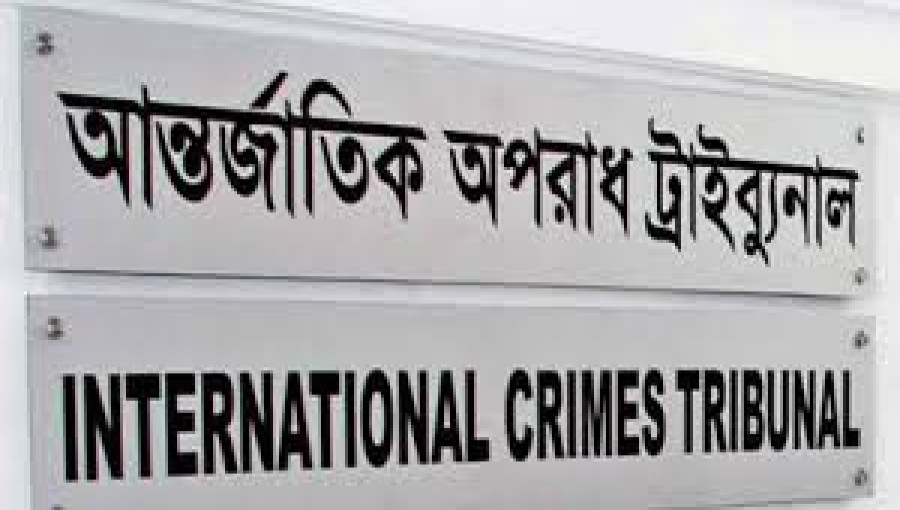
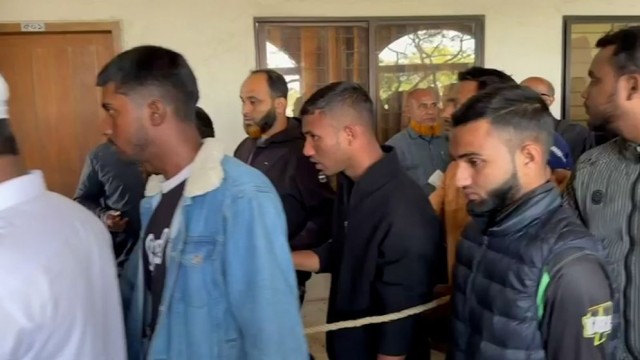
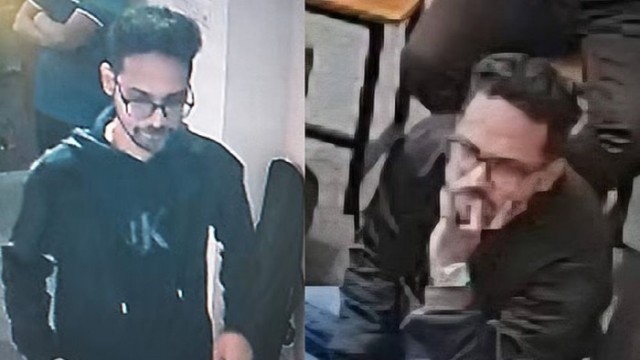
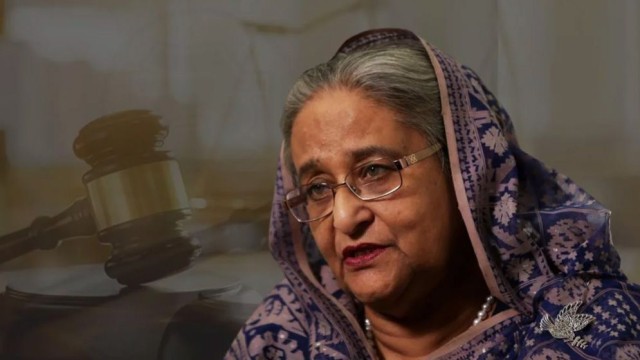
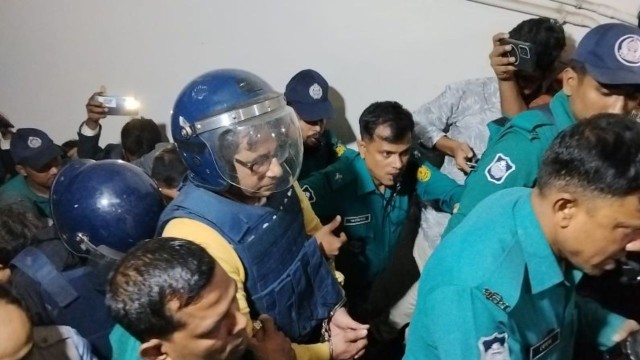
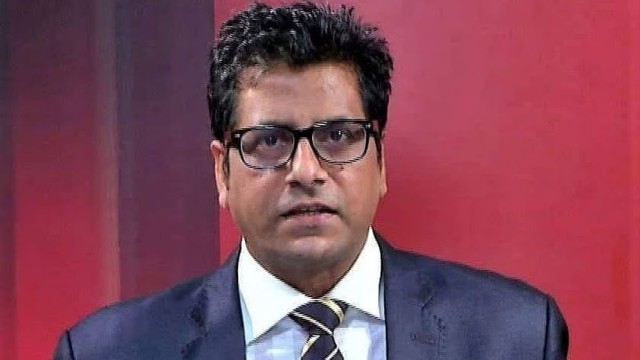
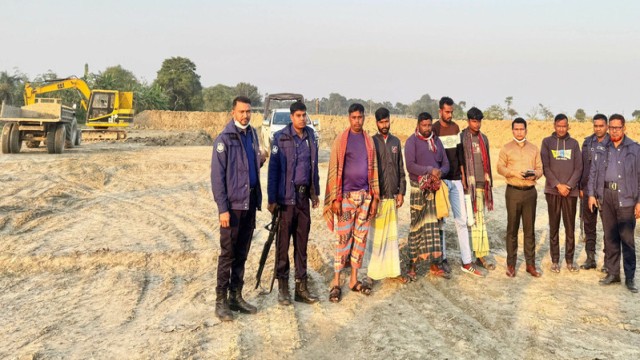
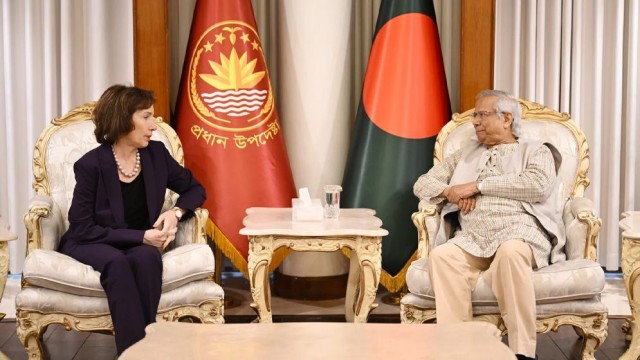

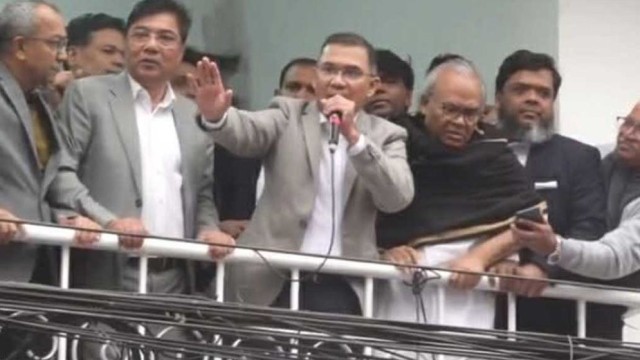

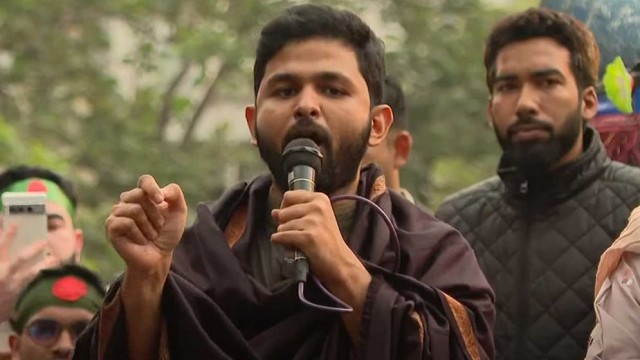
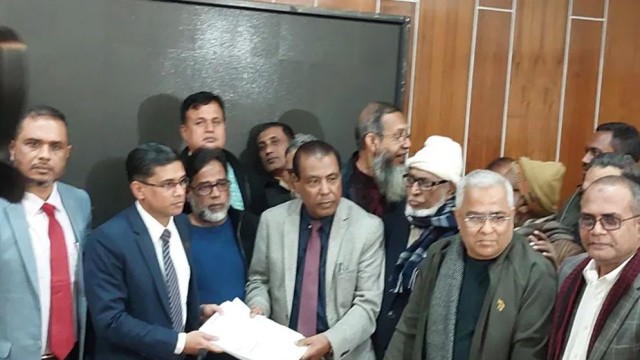

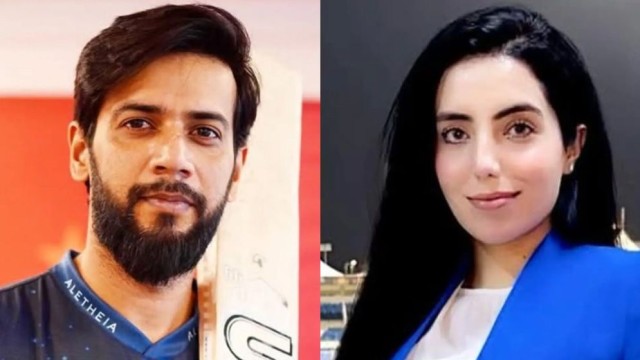
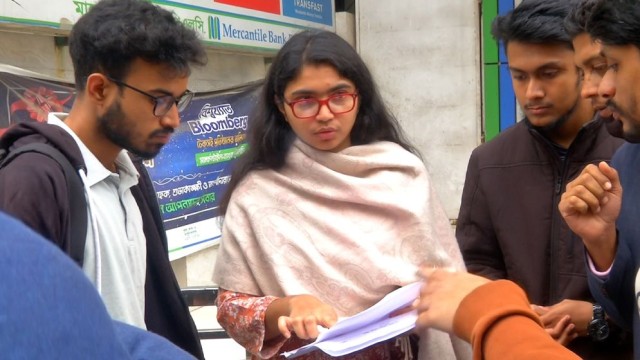
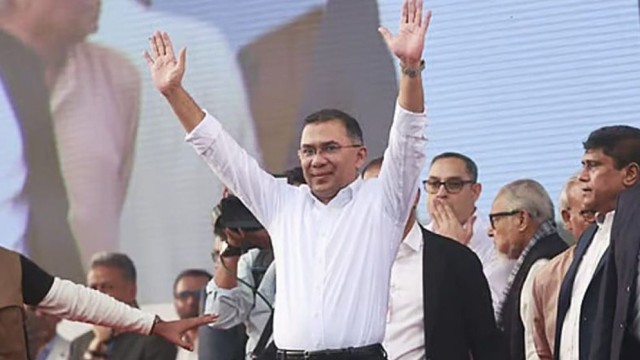

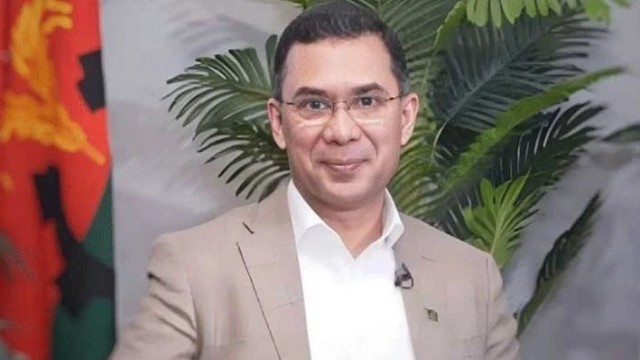
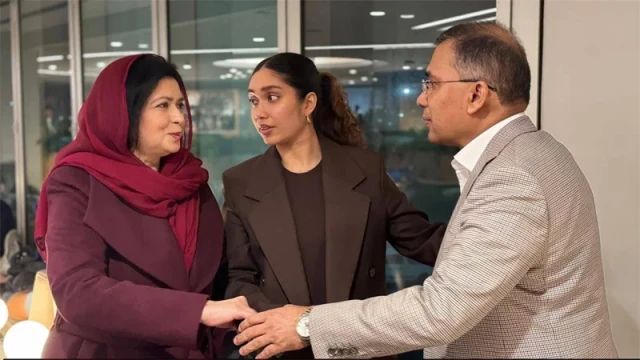
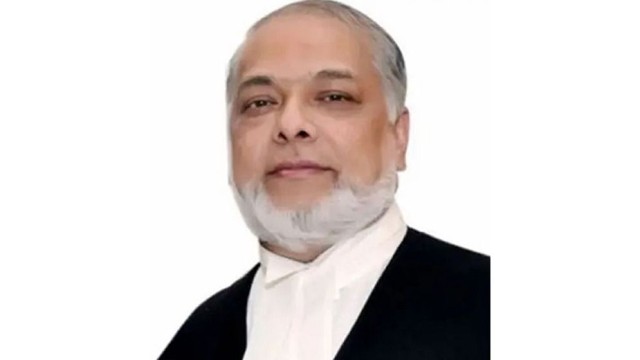
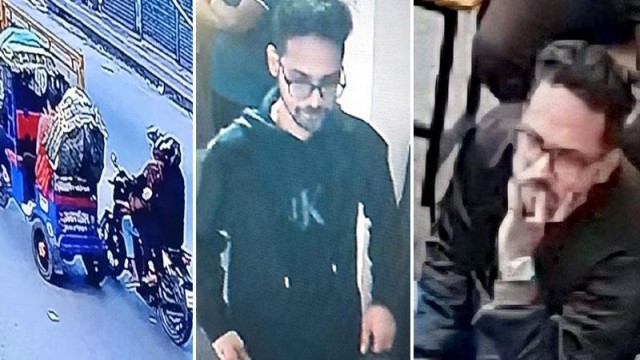
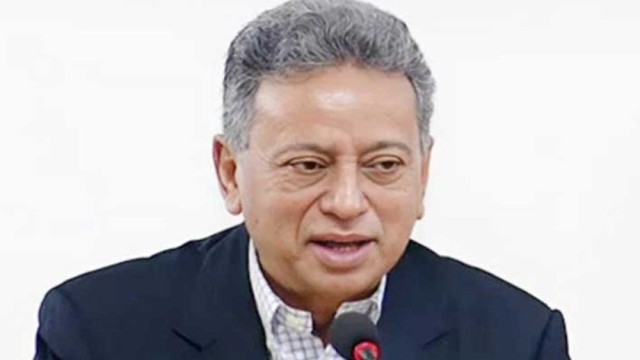
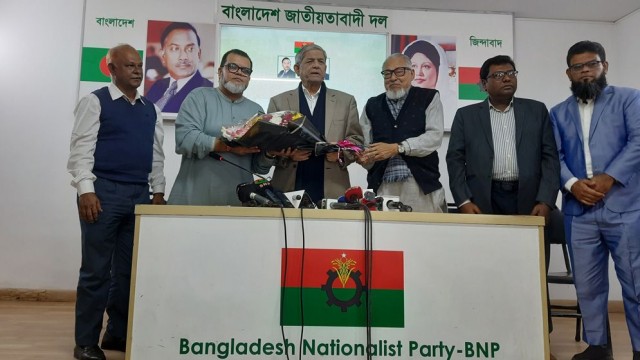
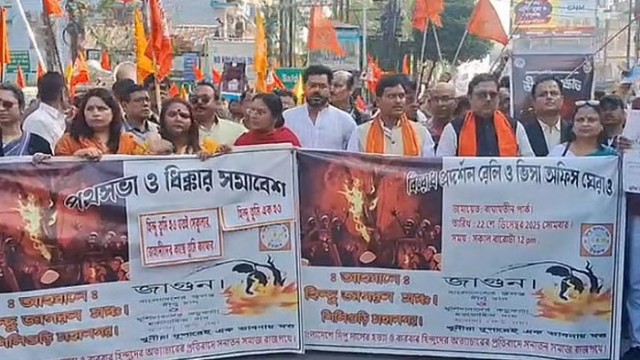
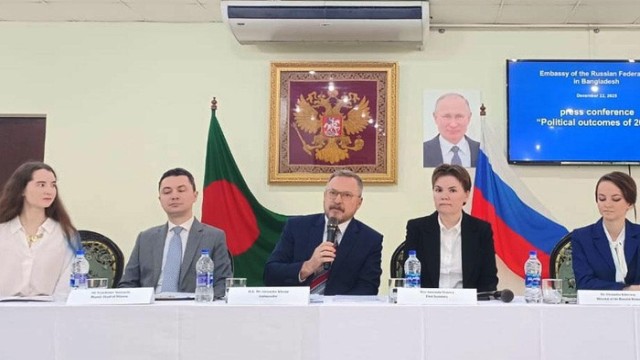
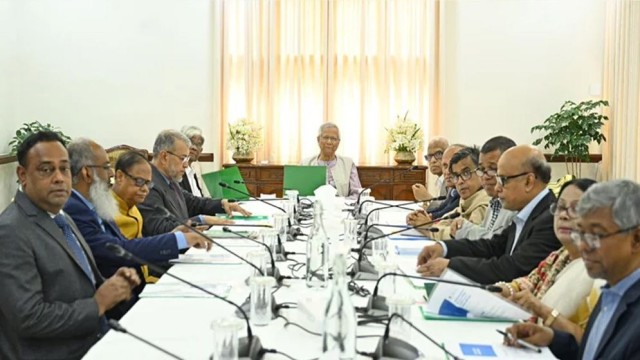
Comment: